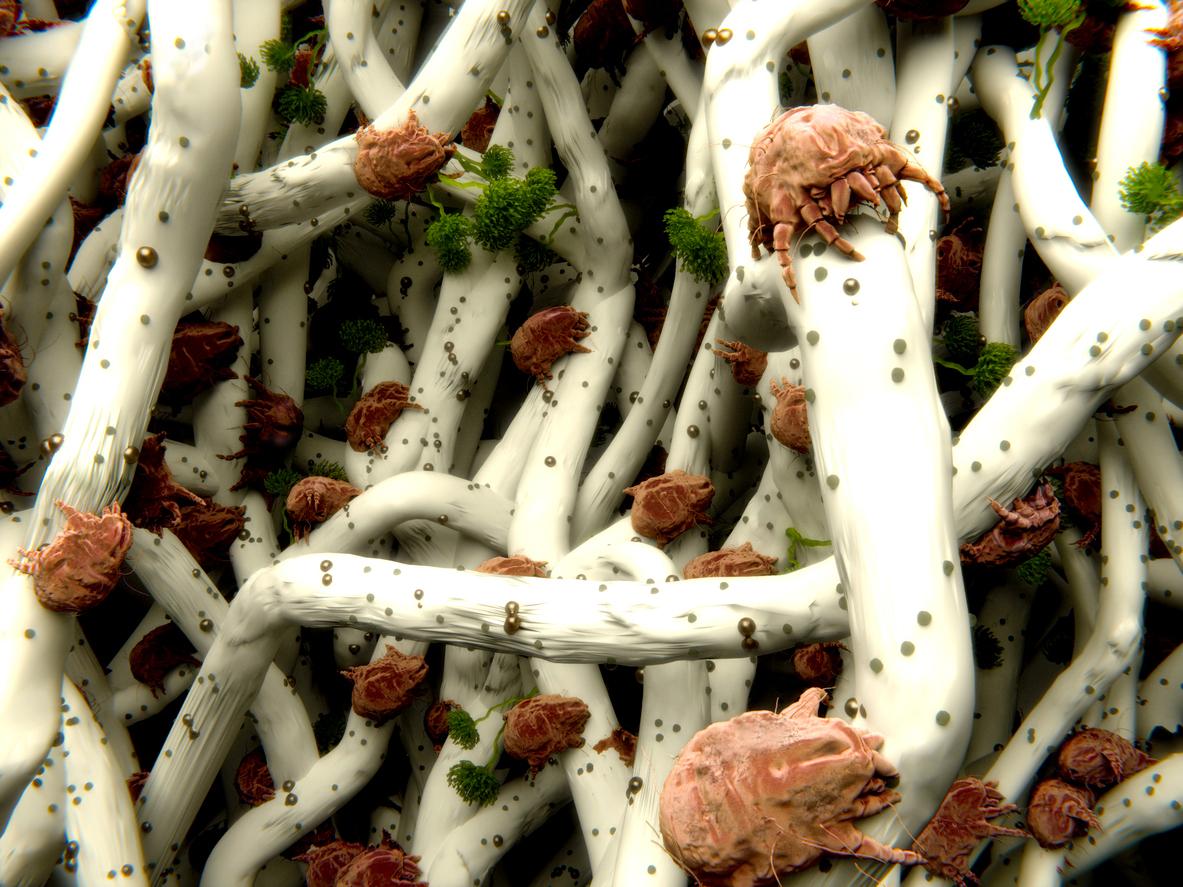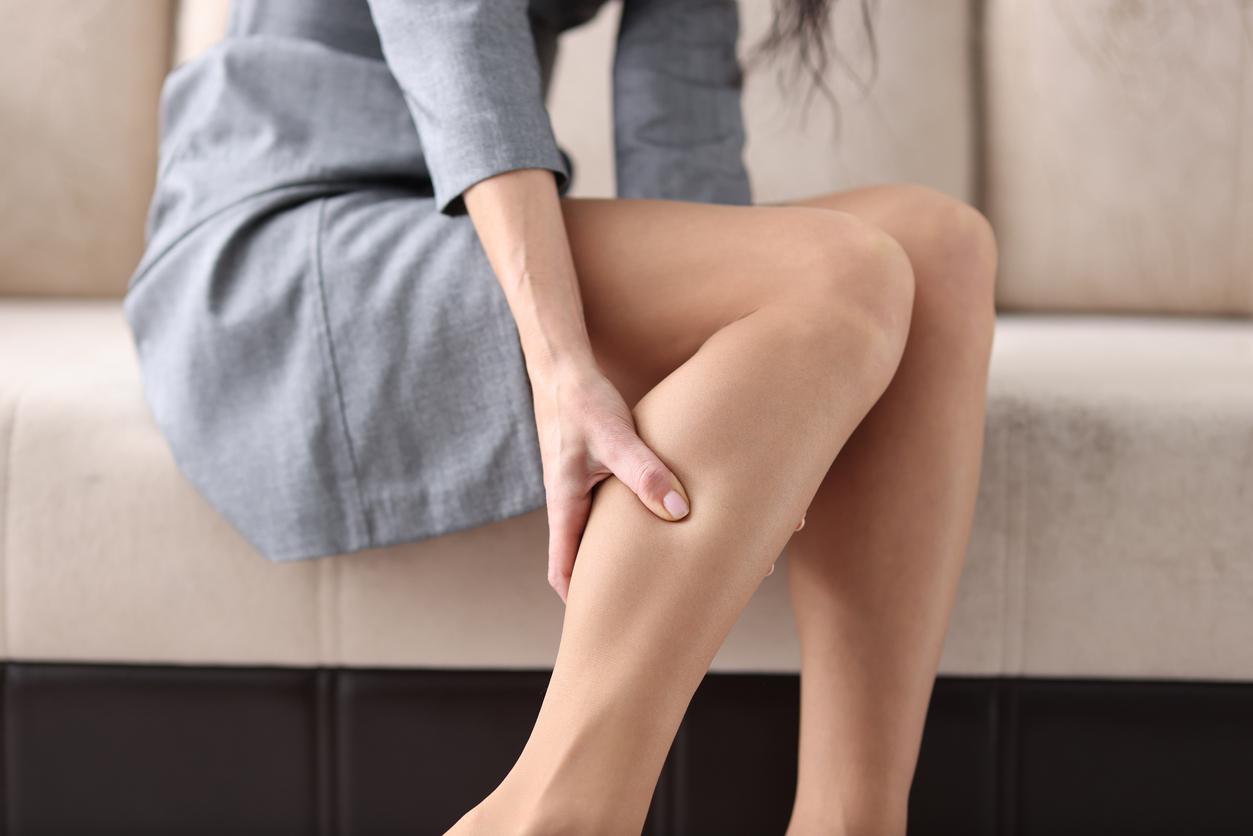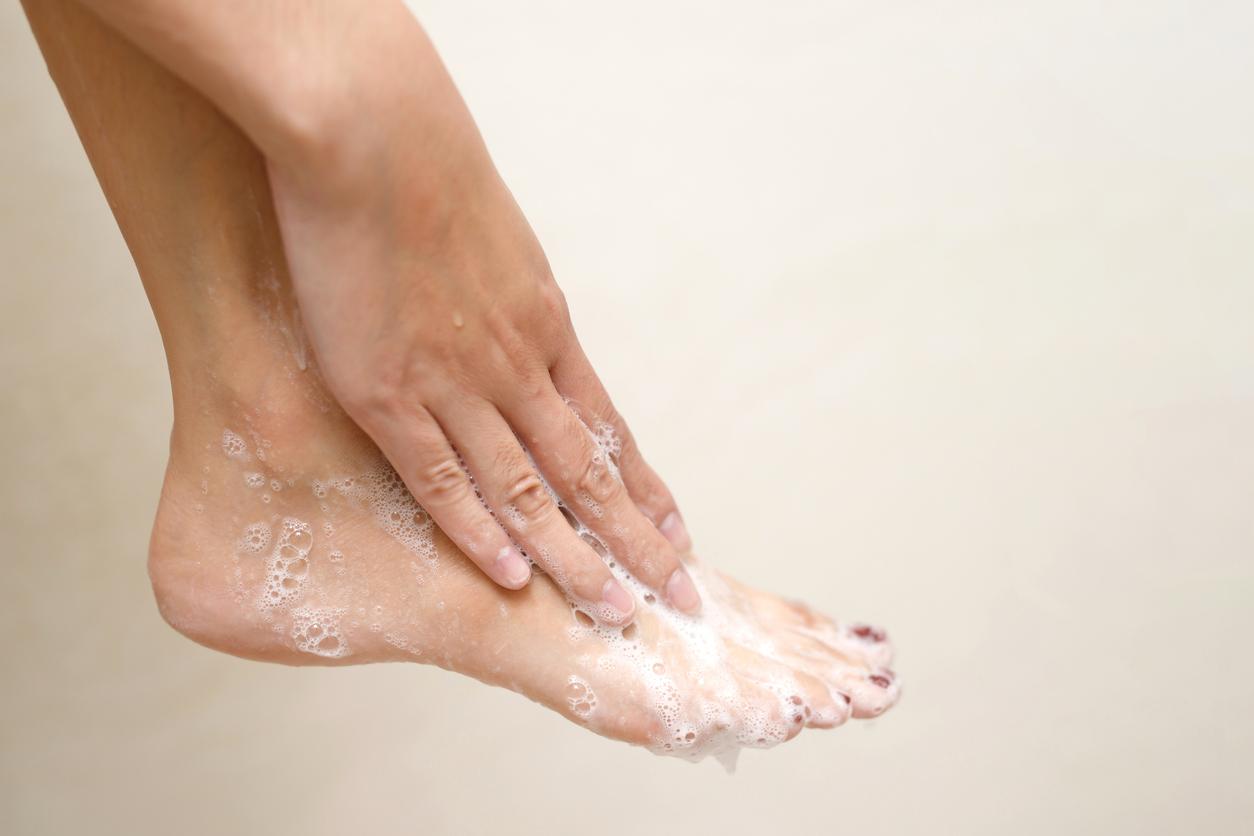The National Institute for Health and Care Excellence (NICE), an independent health organization in the United Kingdom is sounding the alarm: as more women inject themselves with tanning agents, wrinkle fillers such as Botox, at home and in beauty salons, some operations are reportedly lacking in hygiene.
Sharing needles can spread diseases like hepatitis C and HIV. While most of these pathologies occur in people who inject drugs such as heroin and anabolic steroids, the risk associated with the use of used equipment also exists in people who inject drugs. aesthetic aim.
The UK NICE report aims to raise public awareness of this public health issue by encouraging the use of clean syringes and needles. “Since we published our first recommendations in 2009, we have seen an increase in the use of drugs to improve performance or to enhance one’s image such as steroids, Botox, tanning agents and other fillers. wrinkles like collagen, “says Professor Mike Kelly, director of the NICE health institute. “We have also received evidence that more and more adolescents are injecting these kinds of substances”.
Insufficiently controlled cosmetics sector
Among the NICE recommendations is the provision of boxes for disposing of used syringes and needles for people who inject cosmetic products without going through the traditional circuit of approved practitioners.
Rajiv Grover, plastic surgeon and president of the British Association of Plastic Surgeons, interviewed by the BBC, is concerned about the lack of control around aesthetic medicine care. “Due to the lack of regulation in the cosmetics sector, it is impossible to know how many patients are at risk of developing diseases after sharing the syringe used to inject Botox or fillers”.

















